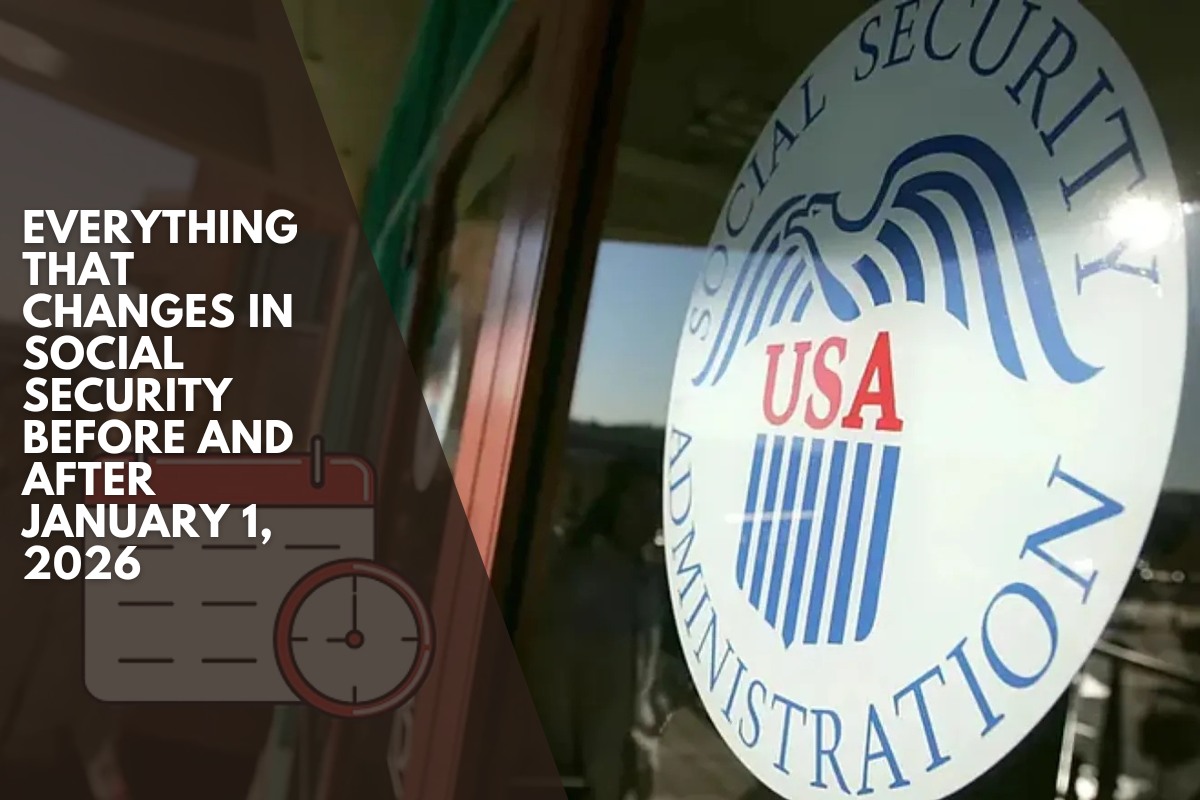Millions of Americans were surprised, and in some cases financially squeezed, when they received their July Social Security checks.
While there has been no official cut in benefit calculations, a combination of adjustments has resulted in lower net payments.
Here’s an explanation of what’s behind the smaller checks and what you can do if your deposit arrived light.
Understanding the July surprise
When retirees and disabled beneficiaries logged into their accounts or checked their bank balances, they discovered less money than anticipated.
Unlike a benefit freeze or cost-of-living adjustment rollback, this change is the result of practical resets related to Medicare and overpayment repayment rather than policy cuts.
According to Grada3, a recent report highlights how the Social Security Administration (SSA) has increased funding recovery efforts after determining that $72 billion in improper payments were made between fiscal years 2015–2022.
As a result, new Title II overpayment notifications were sent on April 25, resulting in a default 50% withholding rate on future monthly checks unless recipients appealed or requested a waiver.
While some beneficiaries received overpayment notices in April or May, the 90-day response window expired on July 24, so the first benefits affected and reduced by half will most likely be those paid in August, though July reductions may already be visible depending on timing.
Why July checks are smaller
1. Overpayment Recoupment
One of the primary reasons for smaller checks is overpayment recoupment. The Social Security Administration (SSA) has ramped up its recovery efforts to reclaim past overpayments. With a 50% default withholding rule in place, beneficiaries are seeing a significant portion of their monthly payments withheld to recover these sums. This action can cause a noticeable decrease in net benefits.
2. Rising Medicare Premiums and IRMAA Adjustments
Another factor contributing to smaller checks is the increase in Medicare premiums. Beneficiaries enrolled in Medicare Part B automatically have premiums deducted from their Social Security payments. This year, some enrollees have seen midyear premium increases due to changes in income or late penalties, which further reduce their net Social Security payments.
Additionally, beneficiaries in higher income brackets may now be subject to Income-Related Monthly Adjustment Amounts (IRMAA). IRMAA is based on 2023 income and will affect 2025 Medicare premiums, resulting in even higher deductions for some recipients.
3. Tax Withholding Changes
Tax withholding changes can also play a role in smaller checks, although this is less commonly cited in July. The IRS tax withholding rules may have been adjusted, particularly for those with voluntary withholding. Beneficiaries who have had taxes withheld from their Social Security payments may notice changes due to updated taxable income brackets, which can further reduce their monthly payments.
Steps You Can Take
If you’re feeling caught off guard by the reduction in your July check, there are steps you can take to address these issues:
Review Overpayment Notices: SSA sends notices after April 25 that list a 90-day deadline for appealing overpayment recoupments. If you’ve received such a notice, you can file a Request for Reconsideration, seek a waiver, or negotiate a lower repayment plan.
Check Medicare Premiums & IRMAA Letters: Log in at SSA.gov to view your deductions. If your 2023 income has dropped due to life changes, you can complete and submit Form SSA-44 to request an adjustment to your Medicare surcharge.
Evaluate Tax Withholding: If you have voluntary tax withholding, check your W-4V form. You may need to update your withholding to reflect your current income and avoid excess deductions.
Broader Implications for Beneficiaries
These changes highlight a more complex reality for Social Security recipients: benefits are not just about a fixed payment. Many factors, such as healthcare premiums, tax policies, and past billing errors, play a role in determining the final amount you receive each month.
With the combination of rising Medicare premiums, IRMAA adjustments, and the aggressive recovery of past overpayments, millions of Social Security beneficiaries are seeing a reduction in their July checks. By staying informed and reviewing the steps you can take, you can better manage these changes and minimize their impact.
With over 72 million Americans relying on Social Security and more than 57 million enrolled in Medicare, small percentage increases in premiums or IRMAA surcharges can significantly reduce take-home income.
Meanwhile, many recipients rely on every penny, so a $200 deduction may be insufficient to cover their daily expenses.












